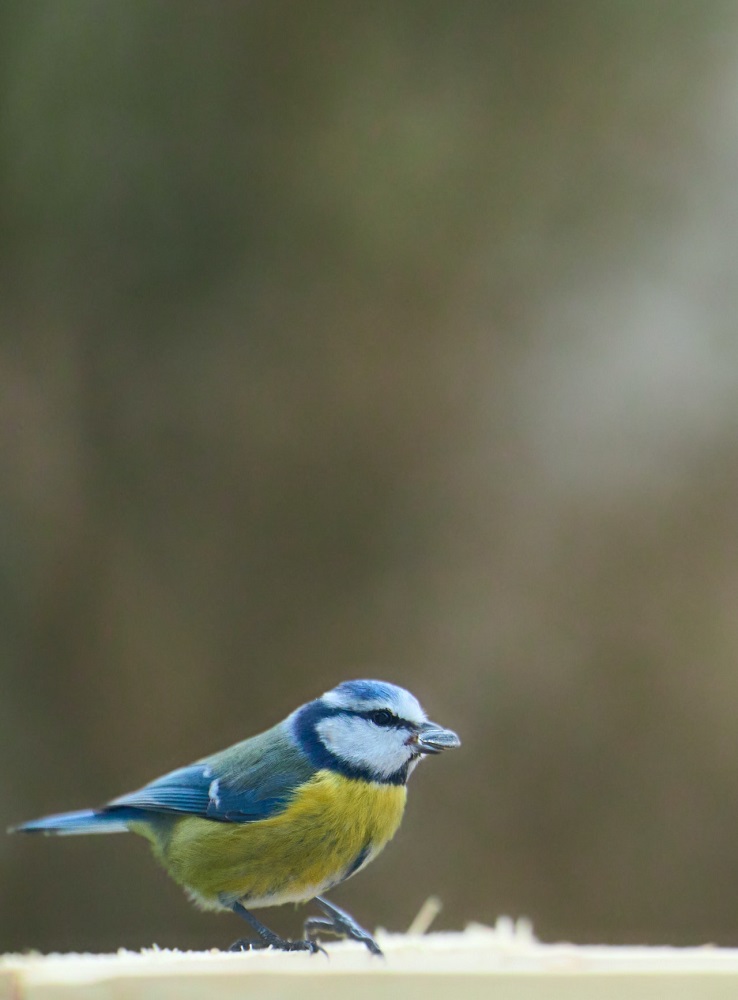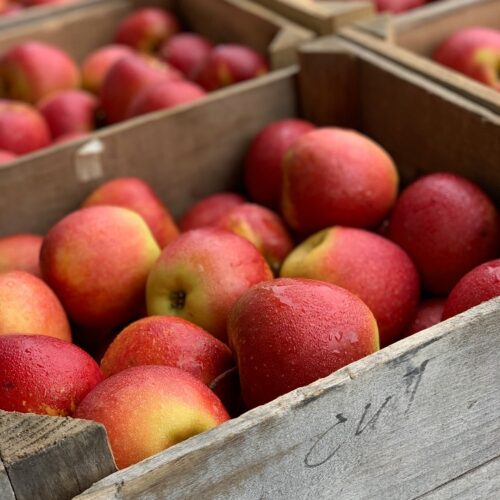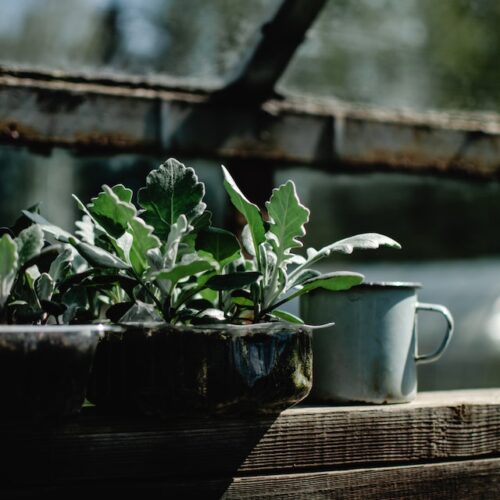
Apart from the good we are going for nature, feeding wild birds have many benefits for us as humans. There is nothing more special than spotting a hummingbird, cardinal, or robin visit your garden, bringing an array of colours to your space. It can make a garden feel like a magical place. While getting to bird watch and see the diversity of nature on your doorstep, attracting birds to your garden with food has many other benefits, not least how beneficial birds are to the environment
1. Helps with garden flower pollination
Certain birds help pollinate flowers, which can help your pots blossom beautifully. Pollination of your flowers means they will be bigger and brighter and be far more attractive to bees and butterflies.
Birds are a vital part of an ecosystem and help create balance in your garden space. Pollinating your flowers is just one job wild birds will undertake if you choose to feed them.
2. Natural pest destroyers
The other way wild birds help to manage your garden ecosystem is by eating bugs and insects that likely destroy your plants. While coming to collect the morsels you offer on your table, birds will also forage for insects, worms, snails, slugs, and spiders.
If you can encourage purple martin and swallows into your garden, you will find they do a job on those winged insects that cause some misery in the summer months. Mosquitoes are a favourite food of some swallow species, and so they are a natural and environmentally friendly bug repellent.
3. Weed preventers
Some birds that visit your garden will also hoover up those seeds that belong to weed species. Goldfinches, which are beautiful birds to spot, love nothing more than weed seeds, and their pecking will be much more of a repellent than any chemical you lay.
This means you cannot use chemicals in your garden harmful to animals and attract wild birds. Be aware of the harm you may be doing to the wildlife you hope to attract when you are treating the weeds and pests in your garden.
4. Witness the making of a family
The best time to provide food for birds is during nesting seasons. The easier the bird finds food, the less time the chicks are left alone and vulnerable to predation. Helping by offering enough food for their calorific intake and their babies means the chicks are more likely to fledge. If you want to make this even easier, you might want to put up some bird boxes. Keeping the family close to the food source can give the chicks an even stronger chance of survival.
5. Make up for lost habitat
The clearing of natural areas to build our housing has reduced the habitat available for birds. Those species that overwinter in the UK struggle to find the necessary food because of our choices. Consequently, putting out wild bird food is one way to counter our footprint on the environment. Equally, it will help those birds that migrate over the winter to gather the energy needed for the long flight.
6. A means of entertainment
If you put out a variety of food, you will find a diverse range of visitors appearing in your garden. If you make this a safe space, too, there will be a host of visitors to spot from your living room or kitchen window.
Spotting and keeping track of visiting birds is a fine hobby that feels even more precious because you are monitoring your garden. The antics of birds are endlessly fascinating and help you pass some mindful minutes in your day.
7. A way to engage the kids
Feeding wildlife in your garden is a great way to engage children with nature and gardening. You might even want to order some kids’ books to help them keep track of the feather friends. Then, you might want to encourage photography and some crafting exercises where you log the antics of your garden visitors together as a family.
8. Feel connected
One of the final ways that feeding wild birds helps is with the stresses of everyday life. Listening to birdsong and taking a moment to watch a bird fly in can do much to ease general anxieties. One of the best ways to manage our mental well-being is by connecting ourselves to nature. A bird table with food is one easy way to achieve this.
Summary
Feeding wild birds just for the act of keeping wildlife flourishing is enough. However, nature often returns our generosity, and we might find that we benefit far more than we imagine.
© Copyright 2022 Antonia, All rights Reserved. Written For: Tidylife


Leave a Reply